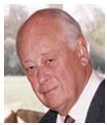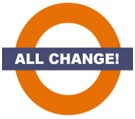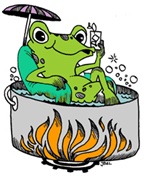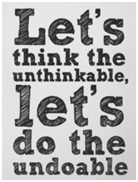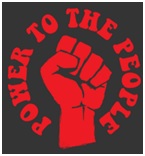|
 |
|
 |
|
|
||
Charles Handy, The Age of Unreason (1989)
Irish oil executive who became a London Business School professor and renowned business philosopher (pictured right).
See also... Charles Handy in the Management Gurus section.
Book summary What is discontinuous change? Where the future bears no relation to the past because of radical change This is happening now in the Age of Unreason.
How to make change happen
a) overcome resistance to change Welcome change so that you can use it to your advantage. b) challenge yourself and get out of the comfort zone Avoid the boiled frog syndrome (pictured right) where the frog dies when slowly heating it in cold water.
c) upside-down thinking (see below) What is upside-down thinking? 1. Challenging the status quo. 2. Thinking the unlikely and doing the unreasonable. 3. Turning conventional wisdom upside-down.
The results of upside-down thinking 1. New ideas. 2. New rules for living (e.g. valuing time, not money, work-life balance) 3. New language (e.g. house-husband, single parent families)
Future organizations 1. Shamrock organization This has three parts (or leaves, pictured right):
The emphasis is on flexibility - a) working at home (so that the office becomes a social meeting place) b) quickly responding to customer requirements.
2. Federal organization This is a mixture
of:
(similar to Peters and Waterman's loose-tight organization) People are given the power to make their own decisions (the principle of subsidiarity), so authority over others must be earned. 3. Triple I organization This has:
4. Caring organization This is an organization which cares for individual employees and their learning and development.
Future careers - portfolio living In response to shorter careers in full-time employment, people must embrace portfolio living where people have five different types of work in their lives: 1. Wage (or salary) work (paid for time given).
2. Fee work (paid for results). 3. Homework (all the jobs for home and family).
4. Gift work (work done for free like charity work).
5. Study work (education and training). Conclusion Your future is what you make it, so live the dream.
Key quotes on change The times are changing and we must change with them. In an age of unreason there can be no certainty.
Key quote on the past, present and future We are all prisoners of our past.
Key quote on management and leadership Trust has to be earned, but in order to be earned, it must first be given.
Key quote on learning and creativity Thinking the unthinkable is a way of getting the wheel of learning moving. Learning...is solving our own problems for our own purposes.
|
|
|
||
|
|
||
| Copyright © wisdomtowin.com 2025 All Rights Reserved | ||
|


